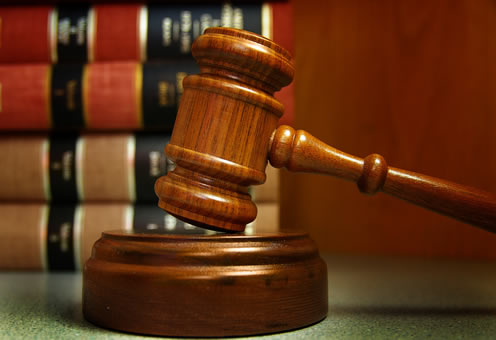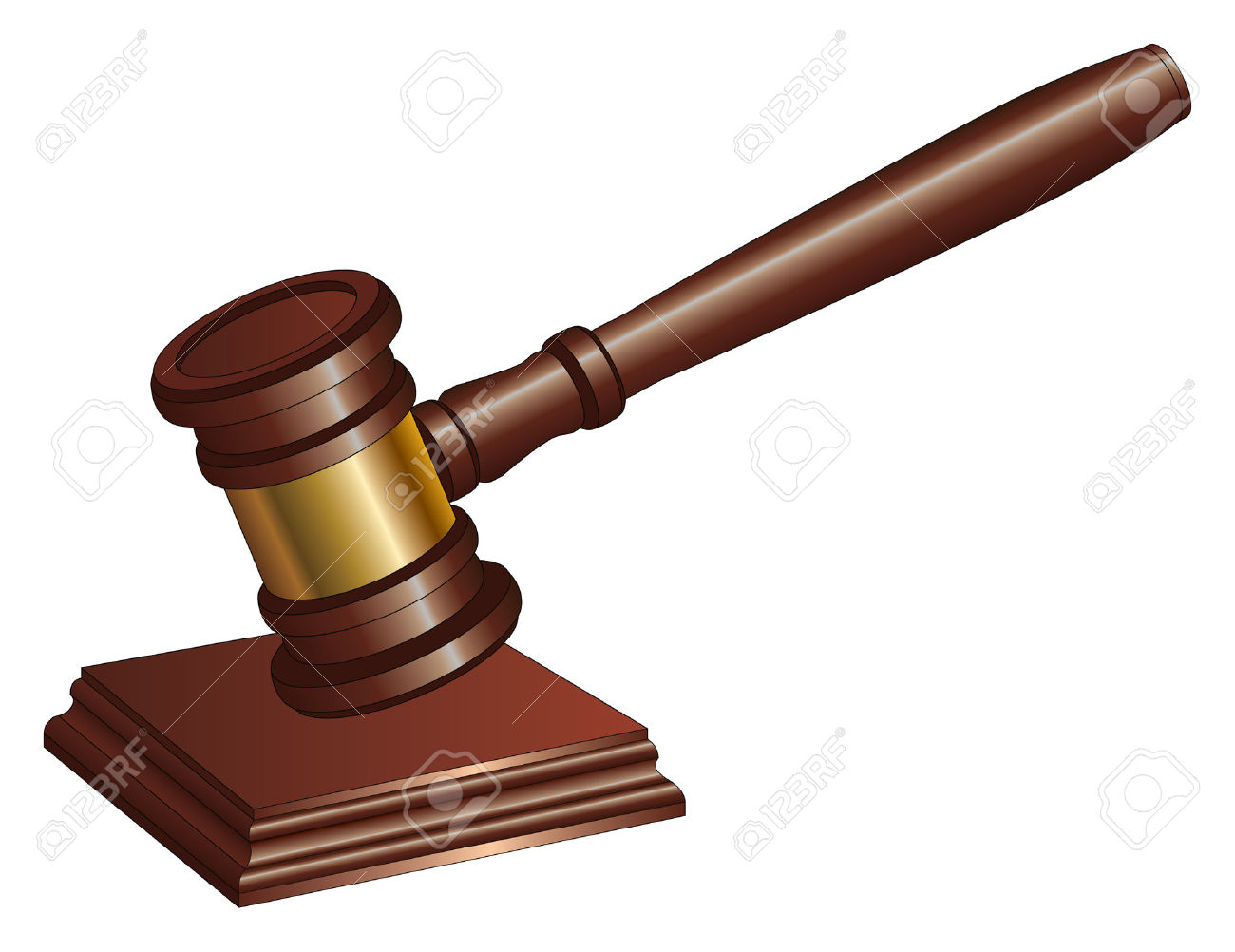EFCC Wants Court To Strike Out Charge Against Justice Ofili-Ajumogobia
The Economic and Financial Crimes Commission (EFCC) on Friday conceded that it filed the charge in violation of existing law against the dismissed Judge of the Federal High Court in Lagos, Justice Rita Ofili-Ajumogobia thereby triggering a dramatic twist in the ongoing trial of embattled former judge.
This concession was made by the lead prosecuting counsel for the EFCC, Rotimi Oyedepo before the Lagos State High Court sitting in Ikeja, in his response to an application filed by Justice Ofili-Ajumogobia to challenge the jurisdiction of the court to trial her.
According to Oyedepo, the court lacked jurisdiction based on the Appeal Court decision in Hon. Justice Nganjuwa V. FRN.
But he urged the court to only to strike out the charge and not to discharge and acquit the former judge.
The National Judicial Council (NJC) had on October, 3, 2018 recommended the dismissal of Justice Ofili Ajumogobia to President Muhammadu Buhari who is yet to effect the recommendation.
The embattled judge and Godwin Obla (SAN), who the EFCC accused of bribing her with N5 million, were jointly charged with two counts of perverting the course of justice.
Obla is facing an additional two counts of offering gratification in the sum of N5m to the embattled judge, a public official while serving as a judicial officer.
While Justice Ofili-Ajumogobia is standing trial on a 26-count charge bordering on unlawful enrichment, taking property by a public officer, corruption, forgery and giving false information to an official of the EFCC.
They both pleaded not guilty to the charge.
At the resumed hearing of the case on Friday, Oyedepo via a written address dated December 13, 2018 urged the court to strike out the charge because the EFCC did not charge Ofili-Ajumogobia in line with the NJC guidelines.
He said: “In urging Your Lordship to strike out the charge, we concede that in this case we have done our bit in view of the fact that the decision in Nganjuwa’s case is still the law today.
“We state that the charge was not brought in line with the procedure and this proceeding is deemed not to have existed in the first place.
“I pray My Lord not to be persuaded by the submission of the learned Senior Advocate of Nigeria (SAN), Chief Robert Clarke to discharge and acquit the first defendant (Ofili-Ajumogobia).
“Section 73 of the Administration of Criminal Justice Law (ACJL) is not applicable here as we have not made an application attempting to withdraw the charge or information.”
While arguing his client application, Robert Clarke (SAN) urged the court to court the discharge and acquit the former judge.
He submitted, “Where evidence has been adduced by the prosecution and they have closed their case, the consequential order to make as a result of jurisdiction is to discharge the accused whether on merit or simplicita.
“Where the question of jurisdiction is raised before the prosecution called witnesses, the court should discharge simplicita. Once the defendant is made to take a plea, the court must discharge him from the plea.
“However where the issue of jurisdiction has not been raised before the defendant has taken his plea and had allowed the defendant to endure the strain of trial, the court should discharge the defendant.
“I urge the court to discharge and acquit the first defendant. According to Section 73(1) of the ACJL what has happened in this case is a withdrawal by agreeing My Lordship has no jurisdiction,” Clarke said.
On his part, Ifedayo Adedipe (SAN) the defence counsel of Obla (SAN) urged the court to separate the joint charges of the defendants.
The lawyer argued that, “Salvation in Christendom is individual, I submit that the second defendant (Obla) is not a judicial officer covered by the decision in Ngajuwa’s case.
“I’m inviting Your Lordship to separate the first defendant from the second defendant.
“The subject matter is within the jurisdiction of the court and the second defendant is within the jurisdiction of the court. So the issue of jurisdiction does not apply to the second defendant,” Adedipe said.
Justice Hakeem Oshodi adjourned the case until April 16 for ruling.




